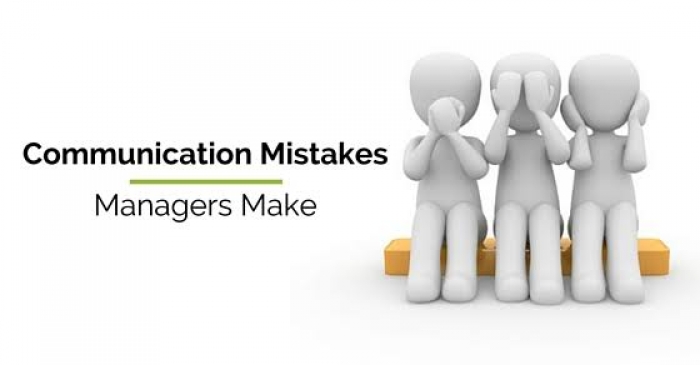Maybe it's the Gen Z in me, but I’m not a fan of corporate jargon. The thought of having to use terms and phrases like “KPI”, “synergy” or “run it up the flagpole” makes me shudder — and don’t get me started on pulling someone in for a “coffee chat.”
Just ask if they want to grab coffee! The chatting is already implied.
Turns out, using too much corporate jargon in hopes of sounding smarter is one of the biggest communication mistakes that most people make, says author and public speaking consultant Bill McGowan.
Saying you want to “socialize an idea with your colleagues to strengthen cross-functional collaboration,” instead of saying you want to work together to solve a problem, can confuse people and sound inauthentic, says McGowan. He’s coached politicians, celebrities, and CEOs including Mark Zuckerberg and Jeff Bezos.
“Typically, people who are jargon-y and speak in a very corporate way, because that’s what they have learned through osmosis, aren’t going to connect with [others],” says McGowan.
The same goes for when you give a speech or presentation: Big words and corporate phrases don’t enhance what you’re saying, McGowan says. They can actually make it more difficult for your audience to follow along, he adds.
Next time you’re in a meeting at work or conversing with a colleague, you can sound smarter by making a few simple changes, like using active voice instead of passive, communications experts Kathy and Ross Petras wrote for CNBC Make It in April: “Instead of saying: ‘Sales have continued to maintain their upward trajectory in the current quarter,’ say, ‘Sales increased this quarter.’”
When preparing for your next speech or presentation, don’t write out your entire spiel on your laptop, McGowan suggests. Instead, write a loose outline — then record yourself talking based on it. Afterward, transcribe your recording and clean up your mistakes, but keep the style and tone.
This will help you sound more natural, authentic and memorable — not robotic and over-rehearsed, McGowan says.
CNBC
